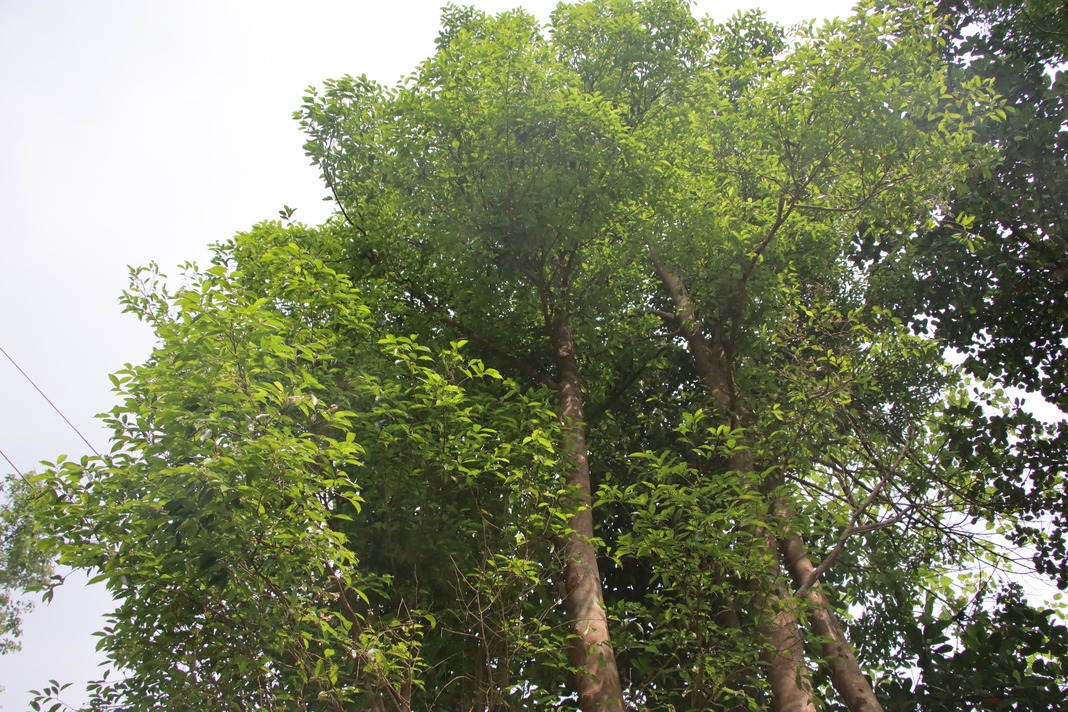Guwahati, Sep 14: In a major initiative to boost Meghalaya’s economy and empower local farmers, the state’s Forest and Environment Department, in collaboration with the Meghalaya Basin Development Authority (MBDA), has launched an extensive training program aimed at promoting agarwood cultivation.
Known for its high-value resin used in perfumes, incense, and traditional medicines, agarwood is one of the most expensive natural resources in the world, with prices for agar oil ranging from ₹6 lakh to ₹2 crore per kilogram. Fine grade agarwood is one of the most expensive natural raw materials in the world. Price of good quality agarwood chips varies from Rs. 80,000 to Rs. 1.00 lakh per kg. Price of agar oil varies from Rs. 6 lakh to Rs. 2 crore per kg with a general range of Rs. 10 to 30 lakhs per kg.
Several agar trees having value between Rs. 15 to 30 lakh still exist in Northeast India. One hectare good quality agar plantation containing about 1700 trees has the potential to earn as high as Rs.2 crore in a felling cycle of 15 years.
The training program, now under way at the Meghalaya Forest Training School in Baiza, near Williamnagar, will train 1,200 farmers from 20 blocks across the state.
The initiative focuses on educating farmers in areas with high potential for agar cultivation, including Samanda, Ranikor, Rongara, and Shella-Bholaganj, among others.
The program, supported by scientists from the Rain Forest Research Institute in Jorhat, Assam, includes both classroom sessions and hands-on field visits.
Farmers will learn about the scientific management of agarwood, including methods to extract the resin-embedded wood and techniques for artificially inoculating trees to stimulate resin production.
The first batch of 50 farmers from Samanda Block began their training recently with H.C. Chaudhary, Principal Chief Conservator of Forests Meghalaya present on the occasion. Over the next month, the remaining batches will undergo training, with the program set to conclude on October 17.
Meghalaya is naturally suited for the cultivation of Agar trees, with the exception of certain high-altitude and low-lying areas. The agarwood industry holds vast potential to create employment and generate income for rural and tribal communities in the state. Agar plantations can yield earnings of up to ₹2 crore per hectare over a 15-year harvest cycle, offering farmers a highly lucrative opportunity.
“The program aims to empower local farmers with the knowledge and skills required to tap into the global agarwood market,” said H.C. Chaudhary during the opening ceremony. “We are not only looking at economic growth but also sustainable employment for our rural communities.”
The agarwood sector is expected to play a key role in Meghalaya’s ambition to become a $10 billion economy by 2028, with this training program marking a significant step toward achieving that goal.
For the farmers of Meghalaya, this initiative could open doors to international markets and help transform agarwood into one of the state’s primary economic drivers.




